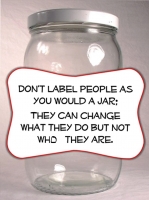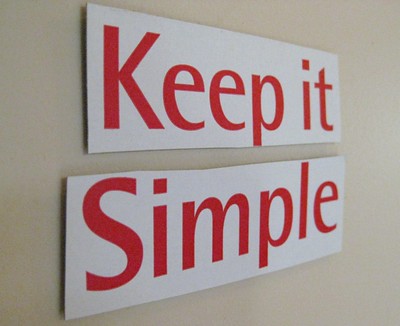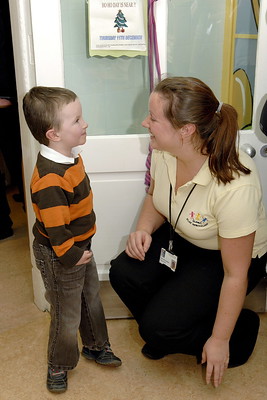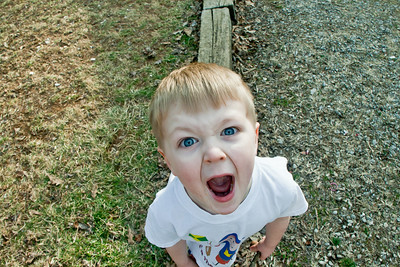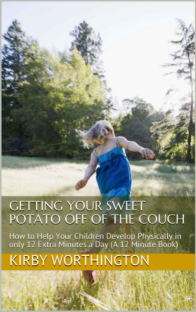I (Kirby) was a very emotional and tenderhearted child. My dad was the opposite. He was a great guy, and a real person of integrity, but he wasn’t emotional and didn’t really understand emotions, and as a result, he didn’t really know how to deal with his heart-on-her-sleeve daughter. That was a painful way to grow up even though he was trying his best.
Maybe you have some areas where you and your child are so different it’s hard to comprehend each other. Energy level, emotionality, self-control, introversion, and impulsivity are just some of the areas where there can be problems with what psychologists term “goodness of fit” between parent and child.
Maybe you’re an exhausted mom, and you have a three-year-old that goes, goes, goes from morning til night, and all night if he could. Or maybe you need alone time to recharge, but your preschooler seems to need playdates every day. Or you’re an organized, controlled person, and your child has ADHD.


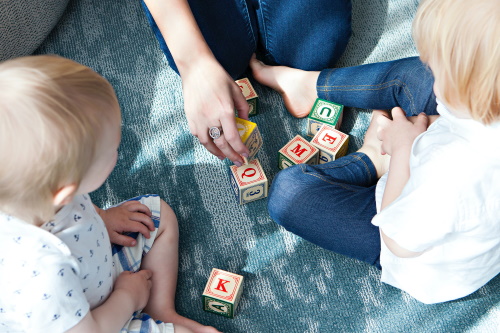

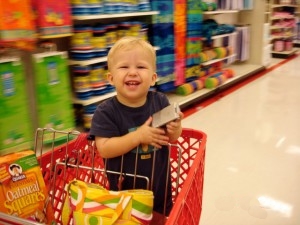

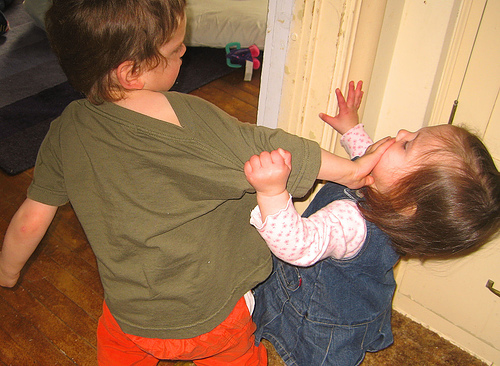

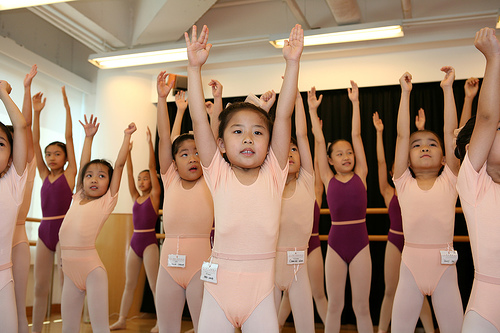


 Parents of preschoolers are tired people. Caring for little ones is exhausting work. We have the best intentions of providing enriching activities for our kids, but when exhaustion sets in, good intentions go out the window. To help you plan for those times when you need something your child can do while you are lying down or sitting, here's a list of 20 activities.
Parents of preschoolers are tired people. Caring for little ones is exhausting work. We have the best intentions of providing enriching activities for our kids, but when exhaustion sets in, good intentions go out the window. To help you plan for those times when you need something your child can do while you are lying down or sitting, here's a list of 20 activities.